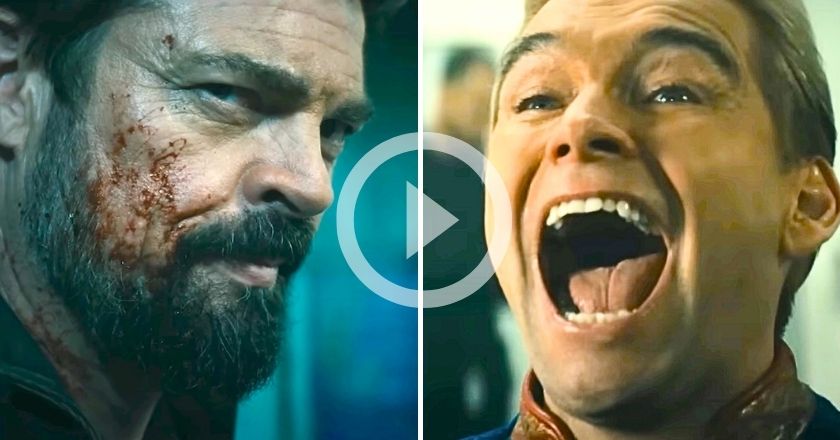
Kumiko, The Treasure Hunter is a curious picture. By the time the credits roll, expectations are flung distant, in part due to some extremely odd decisions to position it as a comedy, and in part due to a concept that promises whimsy, but instead delivers melancholy.
The plot is loosely based on the story of Takako Konishi, who tragically died in Minnesota in 2001 and was misreported to have been searching for the money from the Coen Brothers 1996 crime classic, Fargo. Interestingly, Fargo itself purports to be based on a true story, but is in fact complete fiction.
Kumiko (Rinko Kikuchi) lives a life of solitude in Tokyo. Living alone in her apartment with her pet rabbit and shackled to a boring and unfulfilling job that her mother and boss expect her to be grateful for. She doesn’t fit in at work and is socially awkward. In a city populated by millions, Kumiko is alone.

But Kumiko has a plan. She is convinced that the buried loot from Fargo is real. She endlessly watches and re-watches the sequence where Steve Buscemi buries the ransom money on her well-worn VCR, creating her own treasure map from the footage. As the pressures of her life build, Kumiko decides to shake off the mundanity and break free, believing the recovery of the buried money will be her only way out. She packs up and heads off in search of the fictitious cash, arriving in a freezing, snow-cloaked Minnesota. A place alien to Kumiko, but no more alien than the Tokyo she calls home.
Kumiko, The Treasure Hunter is a slow burn. It takes its time to introduce us to Kumiko, to understand her and to accompany her on her journey. But Kikuchi is superb in the title role, and Kumiko’s sadness saturates her performance. Playing with common feelings of loneliness and alienation, the audience has no option but to sympathise and feel protective as we are taken deeper into her delusion.
It is a movie about all the feelings we wish we could hide from ““ depression, isolation, and the futile desire to break out from a society that is just not moulded to fit us all.

Kumiko really is an outsider wherever she is. Even when folk reach out to her, she cannot truly let them in. When Kumiko reaches the U.S., it is not a language barrier that prevents her from comprehending the truth about Fargo; it is a far deeper level of misunderstanding. Kumiko is simply unable to grasp that her fantasy is unreal. She holds firm in her belief that the cash from the movie is a reality, because the need to escape her life is overwhelming.
Directed by David Zellner and executive produced by Alexander Payne, the movie shares a similarity of spirit to Payne’s excellent About Schmidt in both its measured pace and refusal to be pigeonholed. Kumiko, The Treasure Hunter is a hard film to categorise. Promotional material and early reviews want to imply it’s a comedy of sorts, but that could not be further from the truth. Despite dealing with the subject of fantasy, it is reality that most defines Kumiko ““ a downbeat subject with fleeting moments of light relief.
Kumiko, The Treasure Hunter paints a deep portrait of isolation. Heavy on the pathos, its subject matter and pacing are unlikely to be to everyone’s taste, and it’s not exactly an uplifting cinema experience. However, it is an affecting, idiosyncratic journey into the power of delusion and the void of loneliness.
THE REEL SCORE: 7/10







